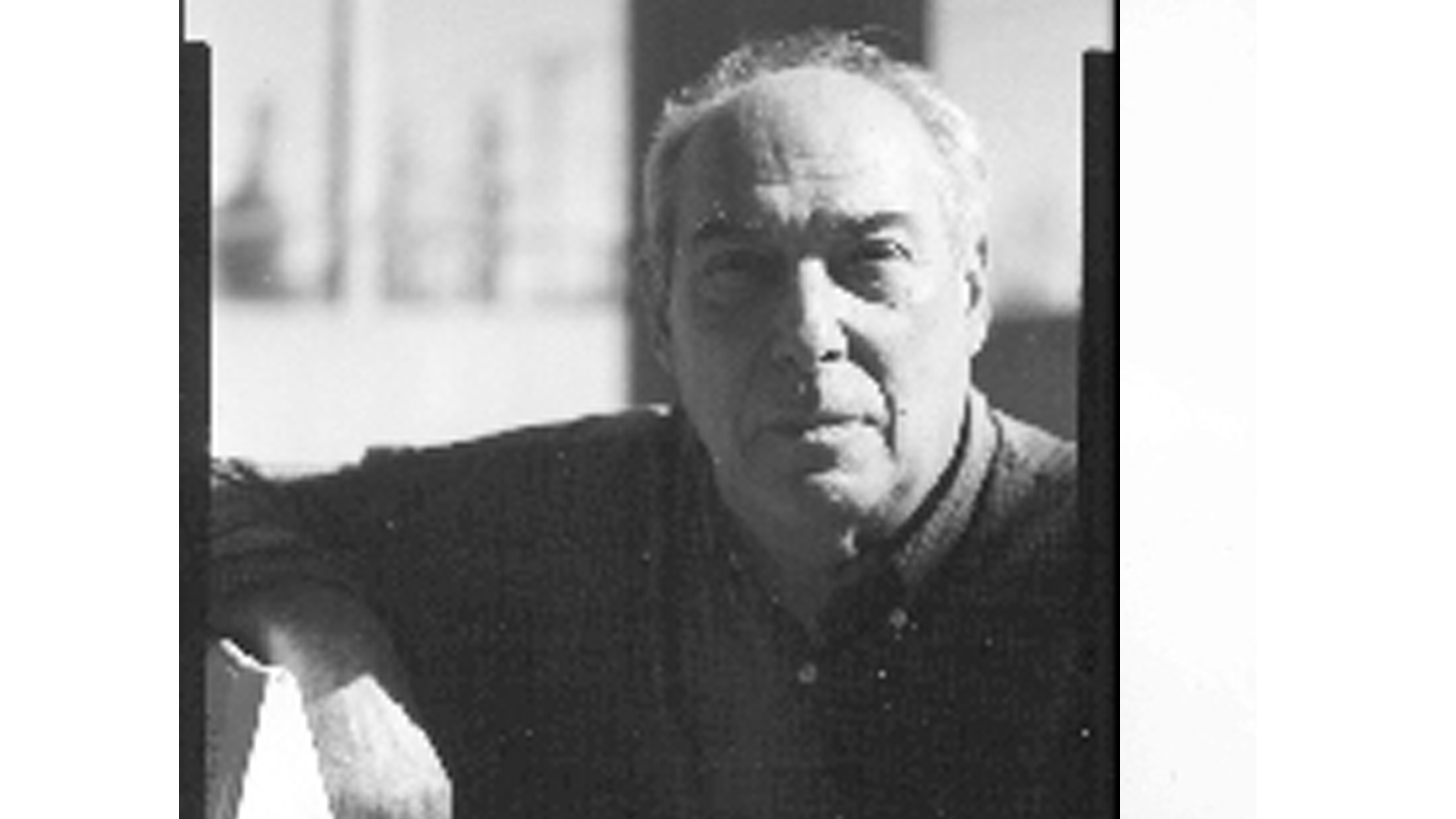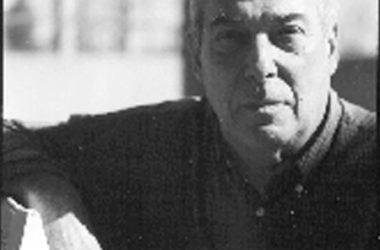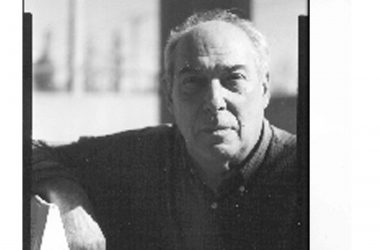I forced myself to listen to an hour-and-half talk Slavoj Žižek made in Tel Aviv this past June in which he scarcely mentioned Zionism, focusing instead on the danger of anti-Semitism in Europe. For that “small omission” he was denounced by some for having sold his soul to Zionism. I don’t think that is the case at all.
I can easily reconstruct the thought process that led him to make that talk. He was invited to Israel to speak to Jewish leftists, people who have been involved in the struggle against the most reactionary policies of the Israel authorities. What, he asked himself, could he tell them that would not be preaching to the choir, that would give them something new to think about? Rather than denouncing the crimes of Zionism (about which he has spoken elsewhere) he chose to address a concern of the people in his audience, the rise of anti-Semitism in Europe. It is important to note that he was not talking about the anti-Jewish sentiment that has arisen in the Arab world and among people active in anti-zionist struggles but about the resurgence of anti-Semitism among populist, neofascist movements, which he regarded as far more dangerous than the former and linked to the global capitalist crisis. In other words, he was trying to enlist progressive Israeli Jews in the struggle against capital by showing that capital, not anti-zionism, was the source of the danger to them.
Very well. In developing his anti-capitalist argument he made several statements that on their face seem outrageous, for example, that someone in the Congo would “sell his mother” for a chance to live on the West Bank. Now, probably some people in the Congo would sell their mothers and some would not, but his intention was to make his audience see that Zionism was part of global misery. (In his defense, he prefaced his remark about the Congo by saying he was about to say something provocative.)
Another example: he said Hitler was “not violent enough,” that Gandhi was more “violent” than Hitler because he dismantled the state, which was more than Hitler did. He is not the first to point out that Hitler abandoned the full National Socialist program in order to reach an accommodation with German capital, but it is one thing to say it as part of a serious analysis of currents in fascism and another to toss it off flippantly to a Tel Aviv audience. He is too clever by half.
As someone who sometimes makes provocative remarks in order to force people to take notice, I can relate to Žižek. The problem is, he stressed the wrong thing. What that audience needed to hear was not the evils of the capitalist system but why they should break with “progressive Jewish” politics, which oppose the “Occupation” while accepting the “Jewish State.” His provocation was enlisted in the service of bad politics.
CLR James once remarked that Marx didn’t babble. Žižek babbles, incessantly.



